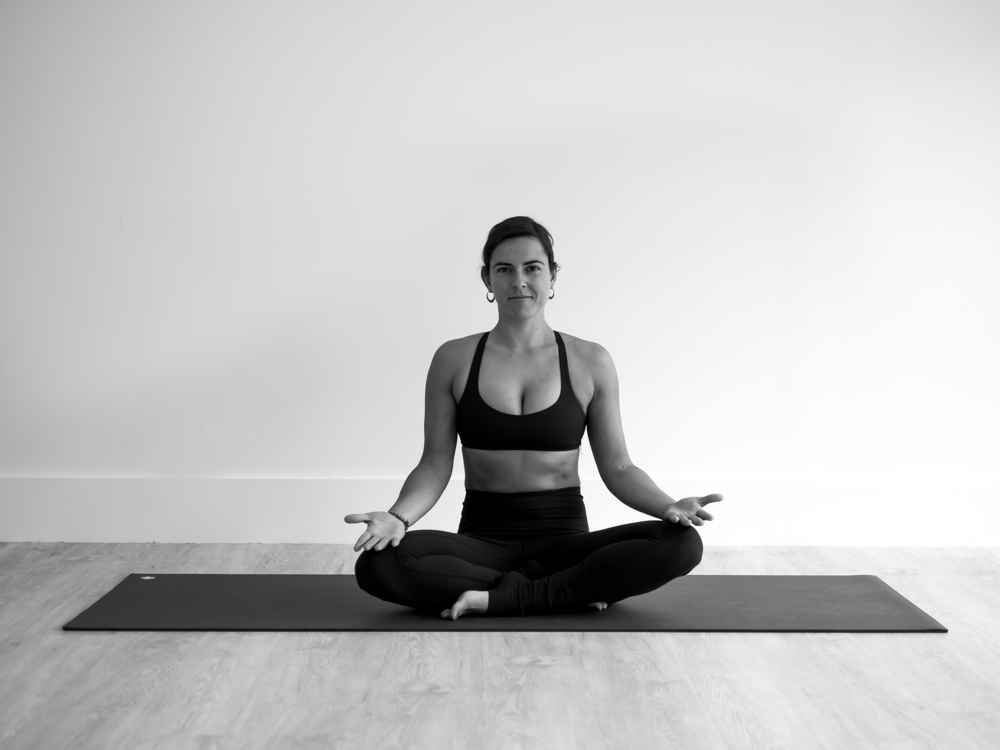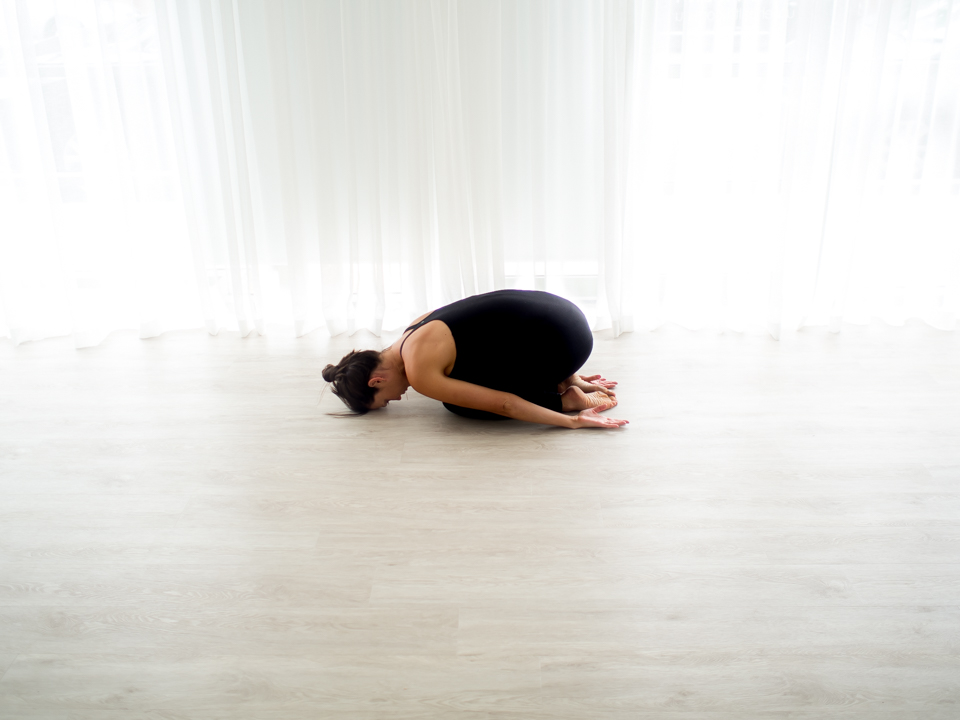Mindfulness is
The pace of modern life often leaves us feeling that we are being stretched beyond our limit. Between our social, work and family lives there are so many plates in the air that need to keep spinning and it can seem that they will all come crashing down at any moment.
So how do we respond to this stress? We do more. We multitask, take less time for ourselves and we push, telling ourselves that being this busy and stressed is just a part of life.
It is important to acknowledge that some stimulation in the nervous system is beneficial for motivation and productivity but when we begin to overload our system our cognitive performance begins to plummet. Stress in the nervous system, an anxious mind and multitasking become the response to greater demands.

We have been led to believe that multitasking is a great skill that leads to greater efficiency as we are able to complete multiple tasks at the same time however multitasking is in fact a myth and it comes at a great cost. The reality when we spread ourselves across more than one task at a time is that we are actually rapidly switching our attention back and forth between tasks which decreases our ability to focus and be more productive. As our attention switches we are much more likely to become distracted with it taking up to 64 seconds to recover our train of thought. Trying to deal with too much sensory input will tend to result in more mistakes (Hassed 2012), higher levels of anxiety and the tendency for the mind to wander in a state called default brain where the mind moves into an autopilot at the cost of true focus and concentration. Default brain is the state when our attention is not focused on the experience before us and whilst the brain can be awake and alert our attention is elsewhere. The body is in the present moment however the mind has wandered to the past or the future. “… a human mind is a wandering mind, and a wandering mind is an unhappy mind. Killingsworth et al 2010 Evidence has shown us that when the mind wanders out of this moment we will have a tendency to ruminate on past events and decisions or worry about future tasks that we have to complete. This state is often referred to as mindlessness. Contemplate for a moment the times in your day when you are mindless. Have you ever driven somewhere and arrived without recalling much of the trip? Have you eaten a meal and barely tasted it. Perhaps you have been in a conversation and realised that whilst you are watching the person before you speak your attention is elsewhere and you haven’t heard a word they have said? We have the ability to drop into the default brain and exist in the moment running on autopilot, particularly with activities like eating, driving and speaking which have become habitual. This, however, is a mindless state of semi-awareness where we rely on habitual nerve pathways rather than paying attention and taking in all the information before us.

Now contemplate this, the busier we become, the more we multitask, the more mindless we become the more we live in our default brain, the default mode of being begins to become hard wired into our systems. Just like any activity that we practice repeatedly we become better at being mindless. Neuroplasticity in the brain creates stronger neural connection associated with the mind wandering, allocating more grey matter to our attention slipping form the present moment. Furthermore, as a wandering mind has a tendency to feel more anxious or depressed the amygdala, the brains fear centre grows and is more easily activated. We learn to activate fear and stress in our body whenever our attention wanders and with our attention wandering on average 47% of the day we can spend half our lives unfocused, stressed and scared.
Multitasking, mind wandering and mindlessness have a cost in our lives however these are learned responses and just like any habit they can be unlearned. Default mode can be deactivated when we are paying attention and this is the power of mindfulness in our modern lives.
“Mindfulness means paying attention in a particular way: on purpose, in the present moment and non-judgementally” Jon Kabat-Zinn Mindfulness is a whole body and mind awareness. It involve inviting the attention to rest in the present moment through the senses. Importantly, mindfulness is a practice and just like mindlessness can become hardwired in the brain therefore we strengthen our ability to focus our attention on the present. In experienced mindfulness practitioners, even when the default mode network is active, brain regions associated with self-monitoring and cognitive control are co-activated reducing vulnerability to default thinking (Brewer et al). Evidence has revealed many and diverse benefits of this practice. From cognitive functioning, emotional wellbeing to physical immunity and resilience (Davidson 2003). The experience of mindfulness is involves moving out of the thinking mind and into the sensing body. However the way we pay attention is of particular importance. It involves being here now with a gentle attitude of curiosity and kindness regardless of what experience comes. Contrary to common belief, mindfulness is not about being relaxed or peaceful or having no thoughts, although this may at times be our experience we do not strive to control what the present moment contains. Rather each time we notice that the mind has wandered form the experience of the body into the thinking mind we invite ourselves to untether the attention from the thoughts and welcome it back to the sense. “Mindfulness is not about getting anywhere else.” Jon Kabat-Zinn Mindfulness is a skill and thus being in the moment and practicing the mindful attitudes (non-judgement, patience, beginners mind, trust, non-striving, acceptance and letting go) needs to be repeated to strengthen our capacity to be mindful. By committing to a formal mindfulness practice, often referred to as mindfulness mediation we dedicate time each day to observe ourselves in a particular way. The experience is different each day and thus we learn to surrender our attention and bring the mind back to the present regardless of the experience being peaceful or turbulent on any given day. With practice we can begin to apply the principles of mindfulness informally; being present and aware while eating, working and relating with others. In this way the practice of mindfulness allows us to access more focus and awareness in our everyday lives leading to improved cognitive functioning, less stress, the potential for more meaningful relationships and greater contentment. This practice is an investment in every area of our lives. A way to only enhance our brain, wellbeing, relationships and work but also to make time to meet ourselves every day and to observe with gentle curiosity who it is we really are. To learn more about Mindfulness, practice a body scan and understand its benefits, you can enrol to our ONLINE COURSE - Introduction To Mindfulness We have a few tickets remaining for tonights workshop, 8 Dec 730pm to 9pm in Melbourne - book here Irene Ais Physiotherapist, Yoga teacher, Writer, Facilitator @izzyaisyoga